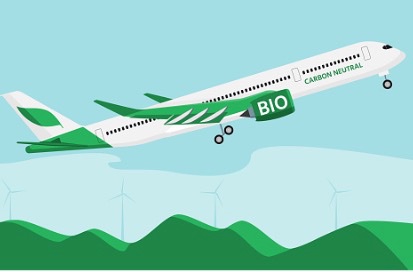A Growing Concern
HOW WE GOT HERE
Enormous quantities of hydrocarbons in the form of coal, gas, and oil have been locked below the Earth’s surface for over fifty million years. Their creation in ancient seabeds from decaying biological material – microorganisms, plankton, and primitive plants – represented a massive geo-sequestration of CO2 from a hostile primal atmosphere into the Earth’s crust. It produced an atmosphere with significantly lowered CO2 concentration – trending down to around 300 ppm, a level that sustained the flourishing of plant and animal life on the planet and led to the emergence of human civilisation.
But for the last 150 years we’ve been reversing this process – drilling for oil, digging up coal, and pumping out gas – to provide the carbon and energy to build and fuel our industrial revolution. Burning these fossil deposits has been sending that carbon back into the atmosphere at an alarming rate. Atmospheric CO2 has now topped 400 ppm, causing global warming and threatening irreversible climate change impacts.
It’s urgent that we turn this situation around.

Eliminating petroleum is a large part of that challenge. A range of technologies are already being developed and implemented to address this – and a mix of solutions will certainly be needed to reach the massive scale required to satisfy the diversity of end uses.
AGRENEW believes that expanded production of renewable plant oils can help replace petroleum.
We now have the knowledge and tools needed to redesign our crop plants to produce massively increased amounts of oil, and to redesign the composition of those oils to better match industrial requirements. And new oil crops are beginning to be integrated into sustainably intensified farming systems that complement rather than compete with food production.
AGRENEW is focussed on advocating for bio-based fuels and materials, advising about emerging technology options, and supporting innovation.
AGRENEW IS RETHINKING OIL PRODUCTION




